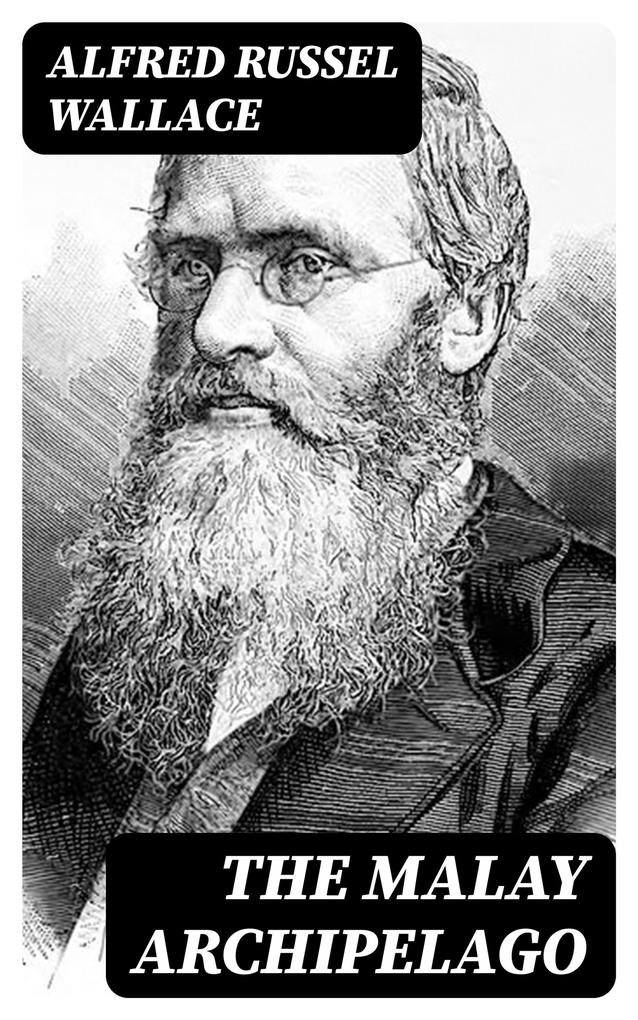
Sofort lieferbar (Download)
Alfred Russel Wallace's 'The Malay Archipelago' is a masterful account of his travels through Southeast Asia, providing detailed observations on the region's natural history and indigenous cultures. Written in a vivid and engaging style, Wallace combines scientific insights with the spirit of adventure, making the book both informative and entertaining. Set in the mid-19th century, the book reflects the colonial context of the time, offering a unique perspective on the impact of European exploration on the region. Wallace's keen eye for detail and passion for discovery shine through in his descriptions of the diverse flora and fauna he encounters. His encounters with local tribes and his insights into evolution add depth to the narrative, making 'The Malay Archipelago' a valuable resource for scholars and nature enthusiasts alike. Alfred Russel Wallace, a renowned naturalist and contemporary of Charles Darwin, drew inspiration from his extensive travels and scientific research to write this seminal work. His contributions to the field of evolutionary biology and his groundbreaking theory of natural selection further enhance the significance of this book. I highly recommend 'The Malay Archipelago' to readers interested in natural history, exploration, and the intersection of science and culture.
Produktdetails
Erscheinungsdatum
17. Mai 2022
Sprache
englisch
Seitenanzahl
542
Dateigröße
0,94 MB
Autor/Autorin
Alfred Russel Wallace
Verlag/Hersteller
Kopierschutz
mit Wasserzeichen versehen
Family Sharing
Ja
Produktart
EBOOK
Dateiformat
EPUB
ISBN
8596547007012
Entdecken Sie mehr
Bewertungen
0 Bewertungen
Es wurden noch keine Bewertungen abgegeben. Schreiben Sie die erste Bewertung zu "The Malay Archipelago" und helfen Sie damit anderen bei der Kaufentscheidung.









